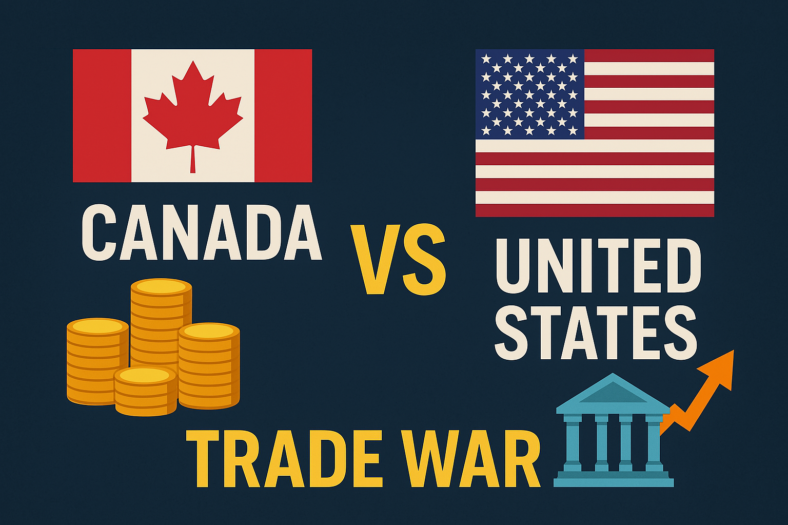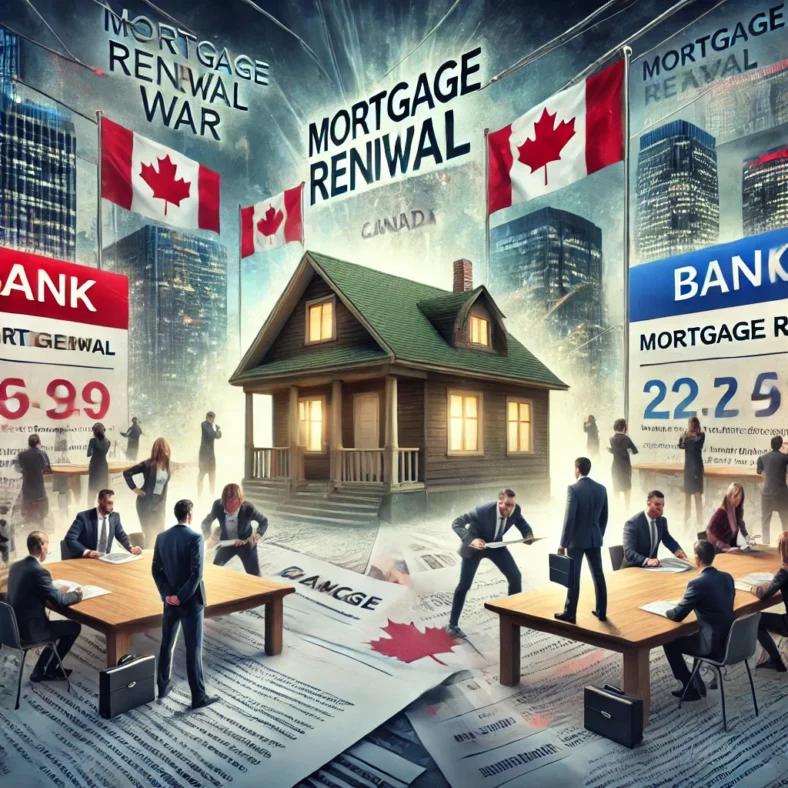Choosing between a fixed and variable mortgage rate is a critical decision for Canadian homebuyers. Each option has its advantages and disadvantages, and the best choice depends on your financial situation, risk tolerance, and market conditions. In this article, we explore the pros and cons of fixed and variable mortgage rates to help you determine which is best for you in 2024.
Fixed Mortgage Rates
Advantages
Fixed mortgage rates offer stability and predictability. With a fixed rate, your interest rate remains the same for the entire term of your mortgage, which means your monthly payments will not change. This stability can make budgeting easier and provide peace of mind, especially if you prefer to avoid the uncertainty of fluctuating rates.
Disadvantages
Fixed mortgage rates are typically higher than variable rates at the outset. This means you may end up paying more in interest over the life of your loan if rates do not increase significantly. Additionally, if market rates drop, you won’t benefit from the lower rates unless you refinance your mortgage, which can involve additional costs and effort.
Variable Mortgage Rates
Advantages
Variable mortgage rates are usually lower than fixed rates initially, which can result in lower monthly payments and interest costs. Additionally, if market rates decrease, your rate and payments will also decrease, allowing you to take advantage of favorable market conditions.
Disadvantages
Variable mortgage rates can fluctuate based on changes in the market and the Bank of Canada’s benchmark rate. This means your monthly payments can increase if rates rise, leading to potential financial stress if you are not prepared for higher payments. Variable rates are best suited for borrowers who can tolerate some degree of uncertainty and have the financial flexibility to handle potential rate increases.
Factors to Consider
1. Financial Stability
Consider your financial stability and ability to handle potential changes in your mortgage payments. If you prefer predictability and have a tight budget, a fixed rate may be a better choice. If you have a stable income and can handle potential fluctuations, a variable rate may offer cost savings.
2. Market Conditions
Assess the current market conditions and economic forecasts. If interest rates are expected to rise, a fixed rate may provide protection against future increases. If rates are expected to remain stable or decrease, a variable rate may offer lower costs.
3. Loan Term
The length of your mortgage term can also influence your decision. If you plan to stay in your home for a long time, a fixed rate can provide long-term stability. If you anticipate moving or refinancing in the near future, a variable rate may offer short-term savings.
4. Risk Tolerance
Your personal risk tolerance is a key factor. If you are comfortable with the possibility of rate fluctuations and have the financial flexibility to adapt, a variable rate may be suitable. If you prefer to avoid risk and want certainty in your payments, a fixed rate is likely a better fit.
Making the Decision
Choosing between a fixed and variable mortgage rate ultimately depends on your individual circumstances and preferences. Here are some steps to help you make the decision:
- Assess your financial situation and stability.
- Evaluate current market conditions and economic forecasts.
- Consider your risk tolerance and comfort with potential payment fluctuations.
- Consult with a mortgage advisor to discuss your options and get personalized advice.
- Use online mortgage calculators to compare the potential costs of fixed and variable rates.
By carefully considering these factors, you can make an informed decision that aligns with your financial goals and risk tolerance. Whether you choose a fixed or variable mortgage rate, the key is to stay informed, be proactive, and select the option that best meets your needs in 2024.



















